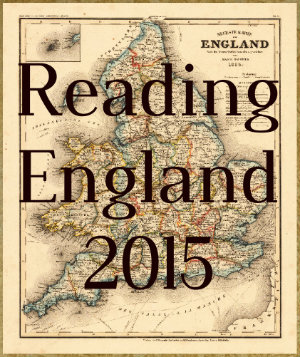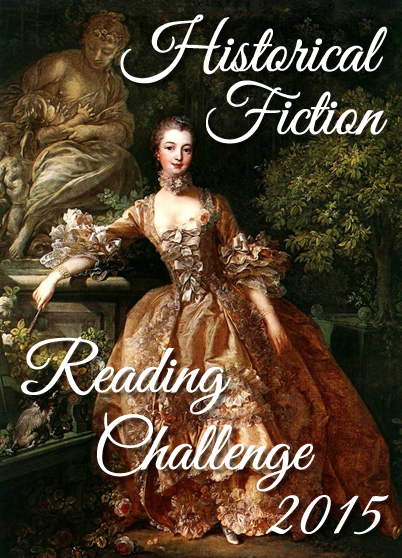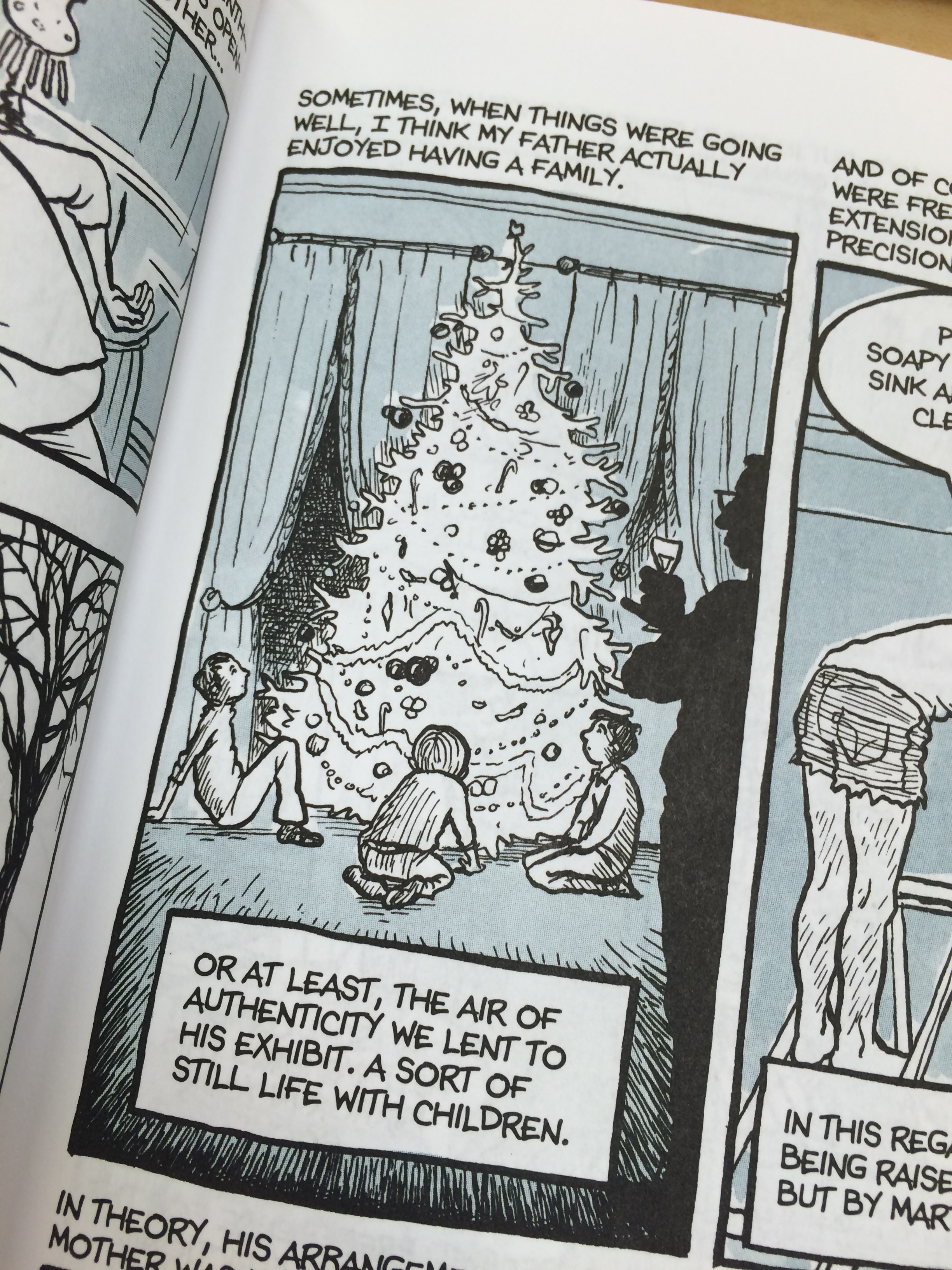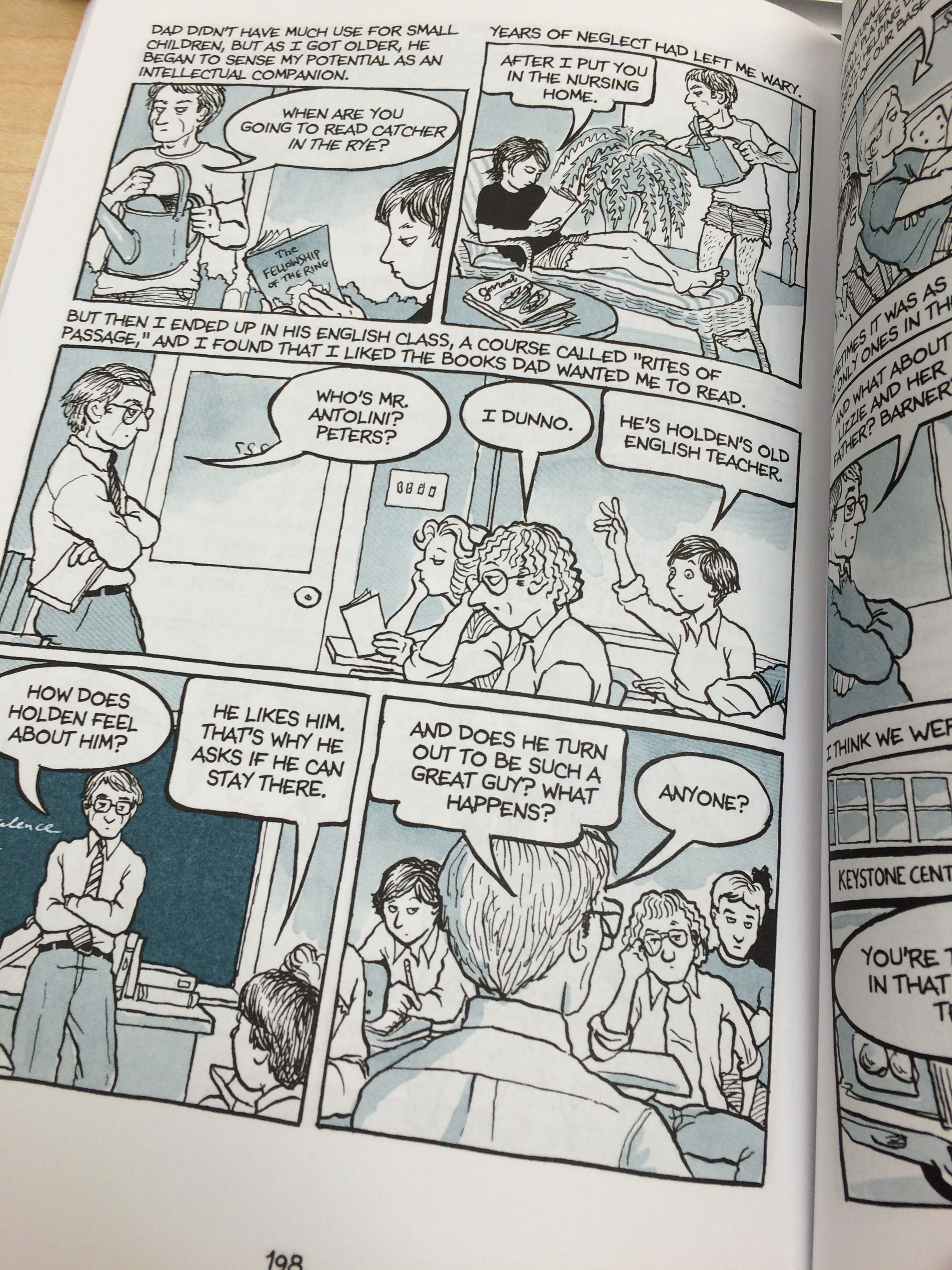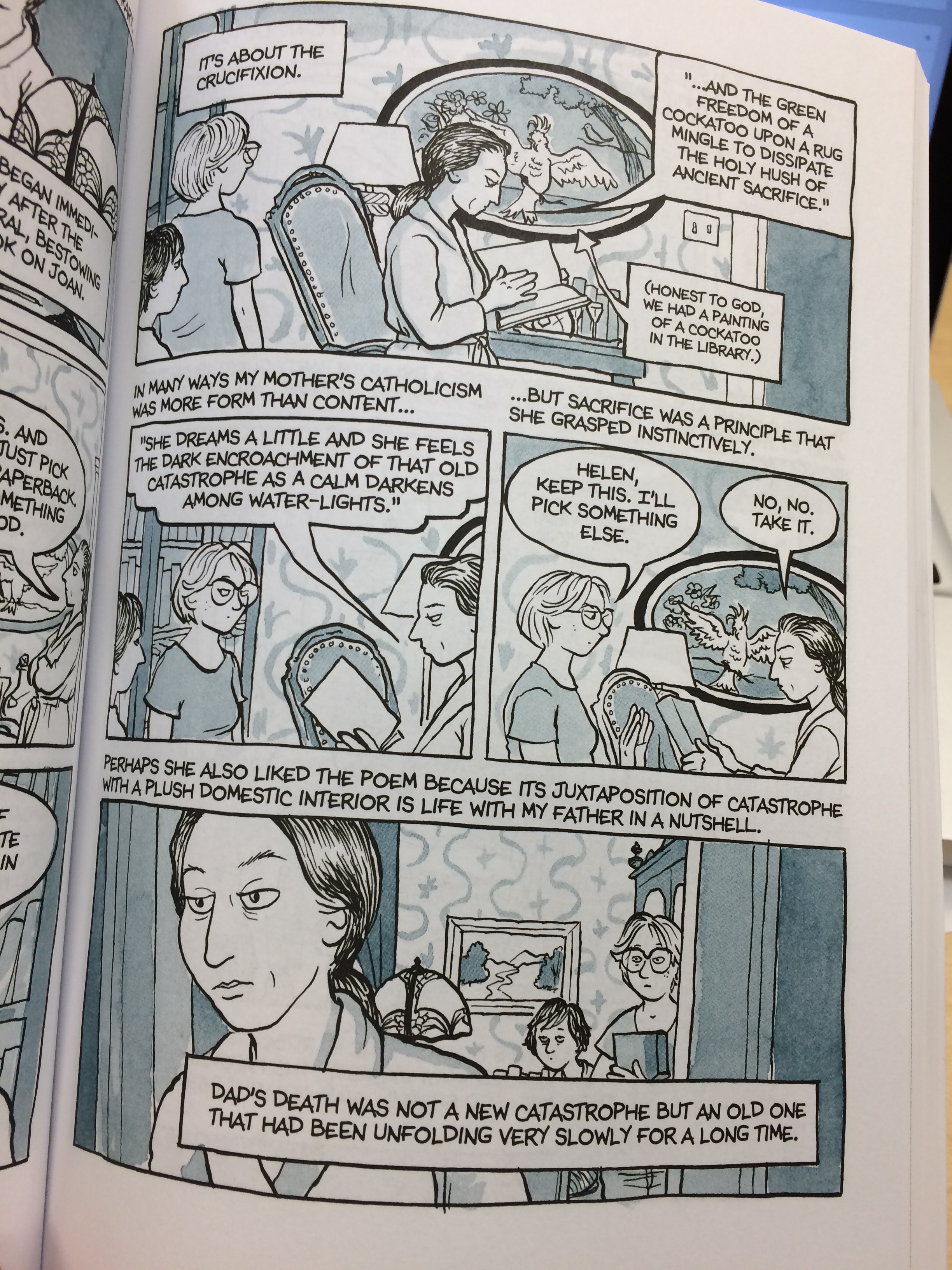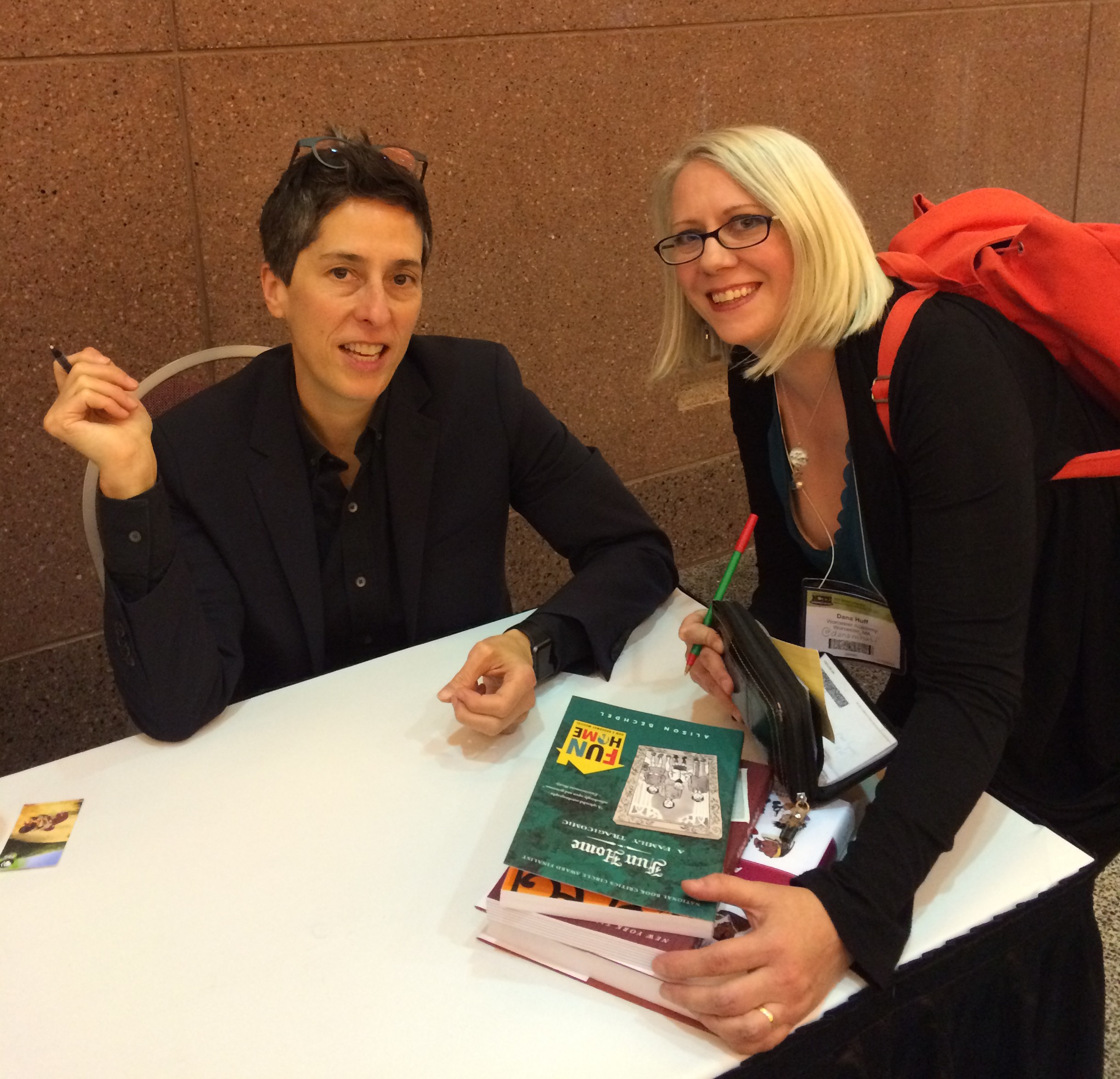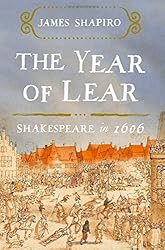 I didn’t post last Sunday because I was returning for my favorite conference, the National Council of Teachers of English annual convention. It was great. I picked up some excellent free and cheap books and enough book recommendations to keep me busy for a long time.
I didn’t post last Sunday because I was returning for my favorite conference, the National Council of Teachers of English annual convention. It was great. I picked up some excellent free and cheap books and enough book recommendations to keep me busy for a long time.
NaNoWriMo is going well, word-count wise. I think I’ll finish. I’m not excited about the book as I’m nearing the end. I’m not sure if it’s because it’s a fanfic or if it’s because I’ve run out of steam. I was delighting myself writing it at the beginning, but I haven’t even wanted to read what I’ve written lately to my husband. Still, I’m making myself plug away and finish it. Even if I’m not enjoying it as much as I was, the story is still coming remarkably fast. One thing I think I’ve learned this month is that I have a lot of stamina and speed when I give myself permission to write a crappy first draft and turn off my internal editor.
I have completed my goal of reading 52 books for the year. In fact, I just finished the 53rd. In the last week, I’ve finished five books and reviewed four:
- The Meursault Investigation by Kamel Daoud
- The Stranger by Albert Camus
- Are You My Mother? by Alison Bechdel
- Fun Home by Alison Bechdel
 Today, I finished listening to an audio book of Amy Snow by Tracy Rees. I was torn over this one for a long time. It was okay, not great. It’s actually a bit over-the-top campy at times, and I think somewhere near the beginning, I realized that Rees was writing a send-up of those overwrought Victorian novels (or I hope she was; otherwise, oh dear). Mrs. Vennaway should remind just about every Brontë fan of Aunt Reed—horrible to a child for just about no reason. In fact, Amy Snow does owe a bit of a debt to those other books. The main character’s self-deprecation is grating, though, and she never becomes as strong or interesting as Jane Eyre. If you read it with an eye toward thinking of it as an homage, then it’s fine. I finished it, more to discover the ending to the novel’s puzzle than anything else, but I found the ending unsatisfying, even if fairly complete. Still, if it’s an homage, it’s a fairly clever one. For a light read, it was well-researched, at least. The setting managed to intrigue even when the characters didn’t.
Today, I finished listening to an audio book of Amy Snow by Tracy Rees. I was torn over this one for a long time. It was okay, not great. It’s actually a bit over-the-top campy at times, and I think somewhere near the beginning, I realized that Rees was writing a send-up of those overwrought Victorian novels (or I hope she was; otherwise, oh dear). Mrs. Vennaway should remind just about every Brontë fan of Aunt Reed—horrible to a child for just about no reason. In fact, Amy Snow does owe a bit of a debt to those other books. The main character’s self-deprecation is grating, though, and she never becomes as strong or interesting as Jane Eyre. If you read it with an eye toward thinking of it as an homage, then it’s fine. I finished it, more to discover the ending to the novel’s puzzle than anything else, but I found the ending unsatisfying, even if fairly complete. Still, if it’s an homage, it’s a fairly clever one. For a light read, it was well-researched, at least. The setting managed to intrigue even when the characters didn’t.





I’m counting Amy Snow as my Surrey book, since that’s where the Hatville estate where Amy comes from is located.
The Sunday Post is a weekly meme hosted by Caffeinated Book Reviewer. It’s a chance to share news, recap the past week on your blog, and showcase books and things we have received. See rules here: Sunday Post Meme. Image adapted from Patrick on Flickr.
